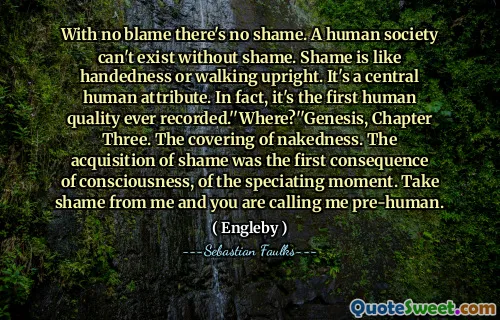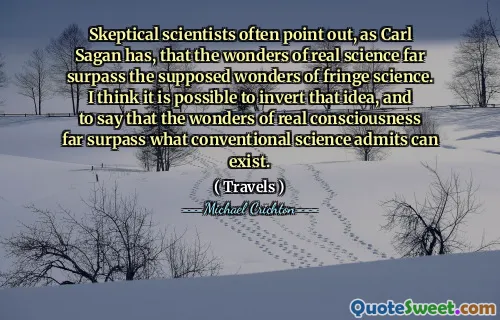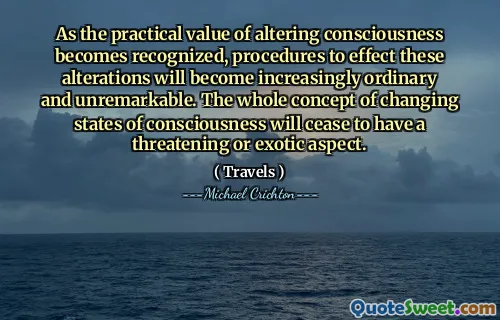Just as Prometheus delivered stolen fire to man, so Eve, and the serpent, delivered man into self-consciousness, setting him up, were it not for his short lifespan, as rival to God. At the same time, man's self-consciousness removed him from nature into a life of toil, doubt, fear, guilt, shame, blame, enmity, loneliness, and frailty-and the product of this separation, the fruit and flower of this exile, is, of course, culture. 'God,' said the writer Victor Hugo, 'made only water, but man made wine.
The text draws a parallel between Prometheus, who brought fire to humanity, and Eve with the serpent, who introduced self-awareness to mankind. This act of self-consciousness positions humans as competitors to the divine, though their limited lifespan constrains them. It highlights a contrasting relationship with nature, where this newfound awareness also leads to negative emotions and struggles like doubt, guilt, and loneliness. These experiences result in the complex developments of culture.
As articulated by Victor Hugo, the contrast between divine creation and human innovation is profound; while God provides natural elements like water, it is humanity that transforms them into wine, symbolizing the creative capabilities that arise from self-awareness and cultural expression. This suggests that even with the burden of self-consciousness, humanity cultivates beauty and complexity in their existence.


